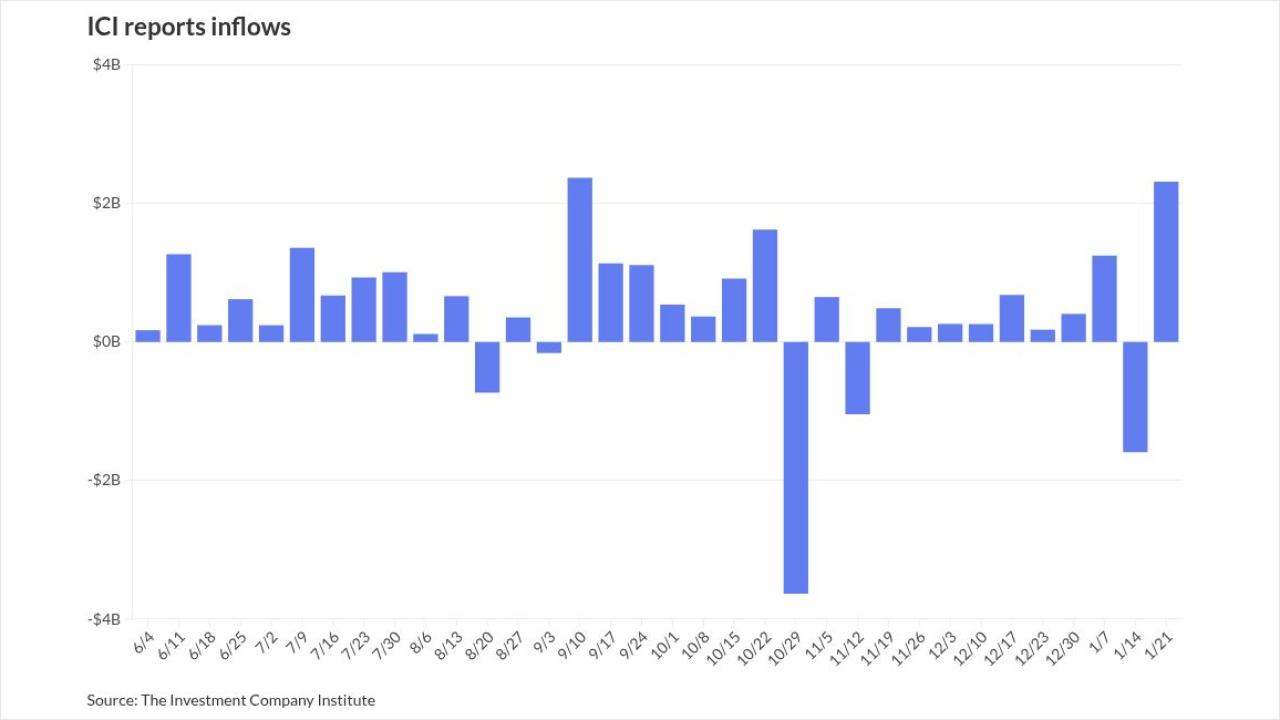
WASHINGTON — Leaders of financial groups and Treasury Secretary Jack Lew warned Thursday that brinkmanship over the debt limit is already hurting the financial markets and that a default would have catastrophic impacts domestically and globally, making it harder to deal with long-term U.S. debt issues.
They issued their warnings in hearings held by the Senate Finance and Banking Committees as House Speaker John Boehner, R-Ohio, said Republicans would propose a short-term increase in the $16.7 trillion debt limit for six weeks. Republicans want to tie the increase to an agreement by President Obama to negotiate a longer term budget deal.
But Lew told finance committee members, "Our view is that this economy would benefit from more certainty and less brinkmanship, so the longer the period of time is, the better for the economy."
White House press secretary Jay Carney said later that President Obama is open to short term increase in the debt ceiling but prefers a longer bill.
Lew told the Finance Committee and Ken Bentsen, president of the Securities Industry and Financial Markets Association, told banking committee members that coming so close to Oct. 17, when the Treasury will run out of borrowing authority, has caused interest rates on four-week Treasury bills to nearly triple and reach the highest level since October 2008.
Bentsen said the haircuts on repurchase agreements are going up. The U.S. Treasury repo market totals between $1.2 trillion and $1.9 trillion daily.
"Undermining that market would have deleterious effect on every market participant," including muni issuers, he said.
With a repo, a dealer typically sells Treasuries to an issuer or another party, with a simultaneous agreement to buy them back at an agreed upon price in the future. Muni issuers sometimes buy repos over for the short term, Bentsen said.
Frank Keating, president and CEO of the American Bankers Association said the Bipartisan Policy Center, whose board he serves on, has estimated that the 2011 debt standoff cost taxpayers nearly $20 billion as nervous investments demanded high interest on Treasuries to account for the risk of a government default.
"If our nation defaults on its nearly $17 trillion of debt, the harm is likely to be measured in hundreds of billions of dollars," he said.
Bentsen warned that a default also could hurt municipal issuers of refunding bonds and their bondholders. Issuers typically buy state and local government series securities or open-market Treasuries for escrows to defease bonds they are advance refunding, that is refunding after 90 days because the call date is in the future.
The Treasury stopped selling SLGs on May 15 as one of several extraordinary measures it took to avoid reaching the debt limit. So issuers have been buying Treasuries, which are typically rated triple-A. A default on Treasuries would wreak havoc with those escrows and "pass through" to bondholders, he said. The escrows might have to be restructured.
A default would also hurt many other transactions, including swap deals, where Treasuries are pledged as collateral, Bentsen said.
SIFMA members have been trying to come up with a "playbook" for addressing a default, but there are so many unknowns, Bentsen said.
"Our members are working to sort of war-game this out because no one's ever been through this," he said. "The documents are not structured for this. Systems have never been set up for this. No one's ever thought that you wouldn't pay Treasuries."
"We're in terra incognita," said Paul Schott Stevens, president and chief executive of the Investment Company Institute. "We really don't know what the impact would be."
Sen. David Vitter, R-La., suggested there will never be a default because the Treasury could prioritize what to pay and continue making payments on Treasuries.
But both Bentsen and Stevens said Treasury's picking and choosing which obligations to pay would not calm the markets. Sen. Mark Warner, D-Va., said this would be dangerous because it's "unchartered territory."
Lew told finance committee members that "prioritization is just default by another name."
Sen. Robert Menendez, D-N.J., balked at the prospect of the federal government continuing to make payments on Treasuries but halting social security and Medicare payments to taxpayers. "I almost think we're in a surreal situation," he said. "I don't see how it is fiscally responsible" to drive up the cost of borrowing through Treasuries via threats of a default, he said.
Menendez said the debt limit was raised 34 times during three Republican presidencies and not once did the Democrats use it as a bargaining chip.
"I never understand what policies" the Republicans are pushing for, he said. First it was ending Obamacare, then opposition to a medical devise tax, and now it's about the nation's growing debt, he added. "I want comprehensive immigration reform, but that doesn't mean I want to shut down the government until I get it," Menendez said.
Sen. Michael Crapo, R-Idaho, and other Republican members of the banking committee, said this is a good opportunity to get agreement to address underlying debt and other issues, such as the need to reform entitlement programs, and tax reform.
"The debt ceiling presents an opportunity for real progress in these areas," Crapo said.
Witnesses at the banking committee hearing, especially Frank Keating, president and chief executive officer of the American Bankers Association, were sympathetic to the desire for the nation to get a handle on its debt.
But Bentsen said, "You want to be careful not to make the longer term job harder by not dealing with the shorter term issue."
"If the U.S. goes down, we all go down together, Democrats and Republicans," said Keating.
Sen. Elizabeth Warren, D-Mass, said, "A U.S. default would be equivalent to a nuclear bomb" and that Congress must pass a bill that allows the administration to raise the debt limit when it needs to."





